Βρέθηκαν 249 αποτελέσματα
Skip results of view Ιστορίες για δεδομένα
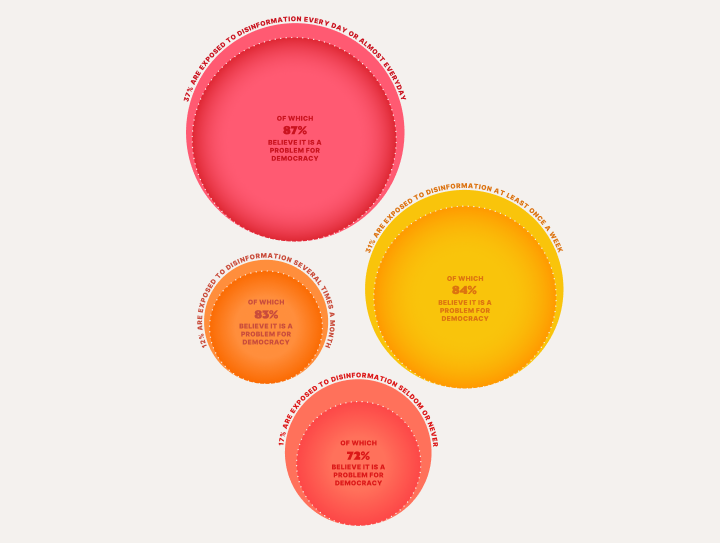
In today’s increasingly digital world, protecting the EU’s cyber realm is becoming more and more important to safeguard digital innovation from threats and vulnerabilities. One of the contemporary challenges identified by ENISA in its annual Threat Landscape report (2022) on the state of cybersecurity is the spread of disinformation. The report gives examples on how disinformation online (also called cyber disinformation) poses a challenge to democracy and public debate and it also mentions that the distribution of disinformation can be connected to cyberattacks. In this data story, we harness
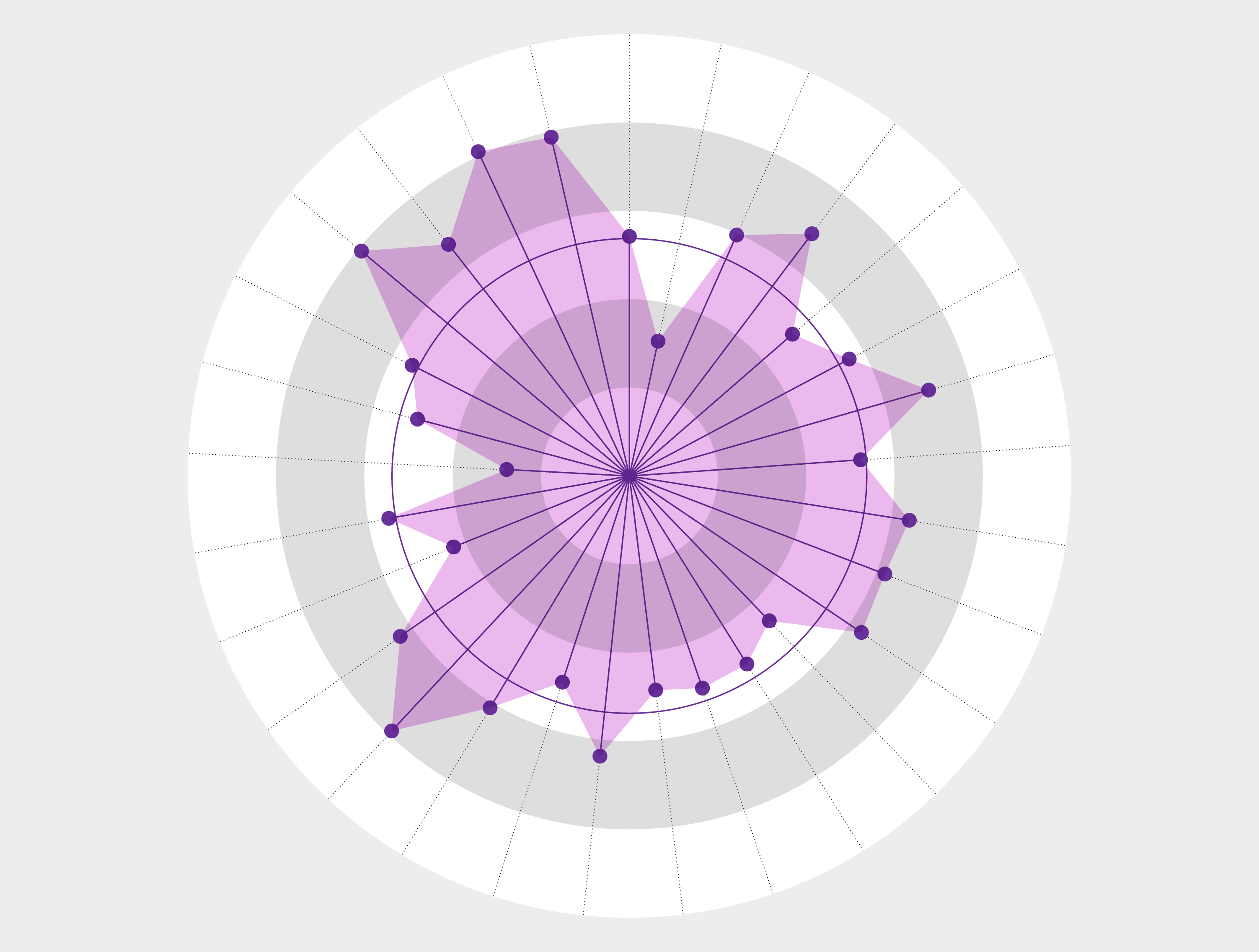
Digital skills are becoming increasingly essential for both personal and professional life. Currently, more than 90 % of jobs in Europe require basic digital knowledge alongside traditional skills like literacy and numeracy. However, approximately 32 % of Europeans still lack basic digital skills. Given the pervasive role of digital technology in sectors ranging from business to transport to agriculture, there is a growing emphasis on the importance of measuring and enhancing digital skills across the EU. To address the digital skills gap, the EU has implemented a variety of policies and

Interested in data visualisation? We invite you to explore our Data Visualisation Guide and dive into seven subjects to gain a deeper understanding of various aspects related to visualising data. The guide was created by the Publications Office of the European Union in collaboration with data visualisation expert Maarten Lambrechts. Find out more about the guide’s content and how you can use it in the interview with Dr Simon Steuer, Head of Open Data Services Sector of the Publications Office, who worked on the guide together with colleagues from his team. Could you tell us more about the

At the heart of flood risk assessment and management in the European Union is Directive 2007/60/EC, which acknowledges the impact of human activities and climate change on the increasing severity of floods. This legislation strives to mitigate the adverse consequences of flooding through tailored solutions, regional cooperation and the development of comprehensive flood hazard maps. The European Commission further underscores the urgency of addressing these issues with the priorities set in the European Green Deal. Recent heavy precipitation events in Italy and Slovenia and Mediterranean Storm
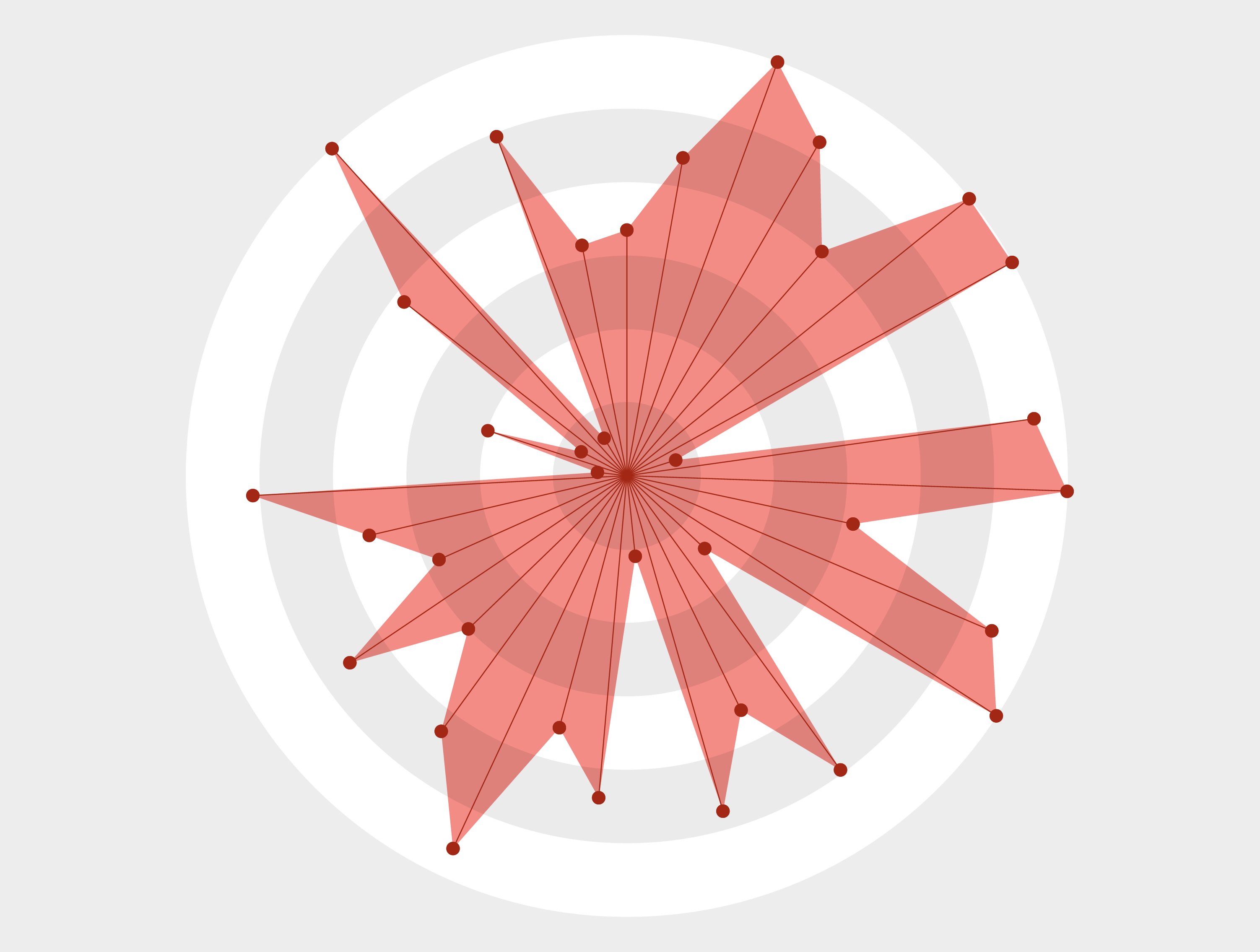
The report on open data maturity (ODM) provide s an overview of the progress achieved by European countries as they push forward to unlock the value of open data . The concept of ODM in Europe is considered against four dimensions: quality, portal, policy and impact. This data story explores the impact dimension and is the fifth in a series on the 2022 ODM report. The first data story announced the report’s publication and presented the overall results. The second data story discussed the quality dimension of the methodology, the third data story covered the portal dimension, and the fourth
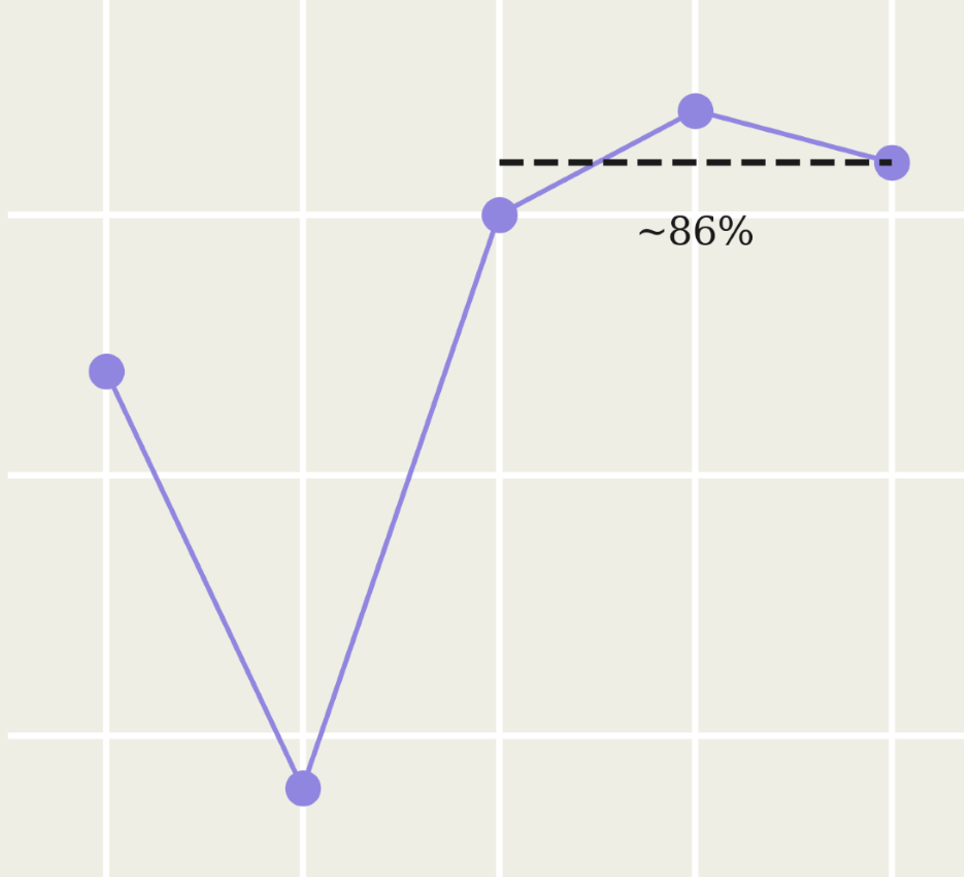
The Open Data Maturity (ODM) report provides an overview of the progress achieved by European countries as they push forward in creating the necessary conditions to make the most of open data. The concept of open data maturity in Europe is considered against four dimensions: quality, portal, policy, and impact. The European Union formulated its European data strategy to create a single market for data to ensure global competitiveness and allow data to flow freely within the EU. At the same time, the European data strategy aims to empower the society with data while ensuring that European rules

The European Union’s cohesion policy helps regional and local communities improve the quality of life of its citizens. Creating jobs, having competitive businesses, fostering economic growth, and developing sustainably are all targets supported by the EU’s cohesion policy. But what can be done to help ensure there are no gaps between countries and between different areas and regions in the same country? Initiatives powered by open data can help regions reach their full potential, benefiting the region and the overall living standards and prosperity in the EU. How does this look in practice

Bavaria, the German state best known for ‘laptops and lederhosen’, makes open data a priority. With its new Digital Plan, the State Ministry for Digital Affairs aims to motivate Bavarian public administrations to share their open data and thus increase transparency and foster open data reuse. To achieve this aim, it is developing, together with a specialised open data team, a new state-of-the-art open data portal. In May 2023, the team launched the first version of the new portal. Now, with the second version that brands the portal as ‘open bydata’, Bavaria wants to make open data even more of
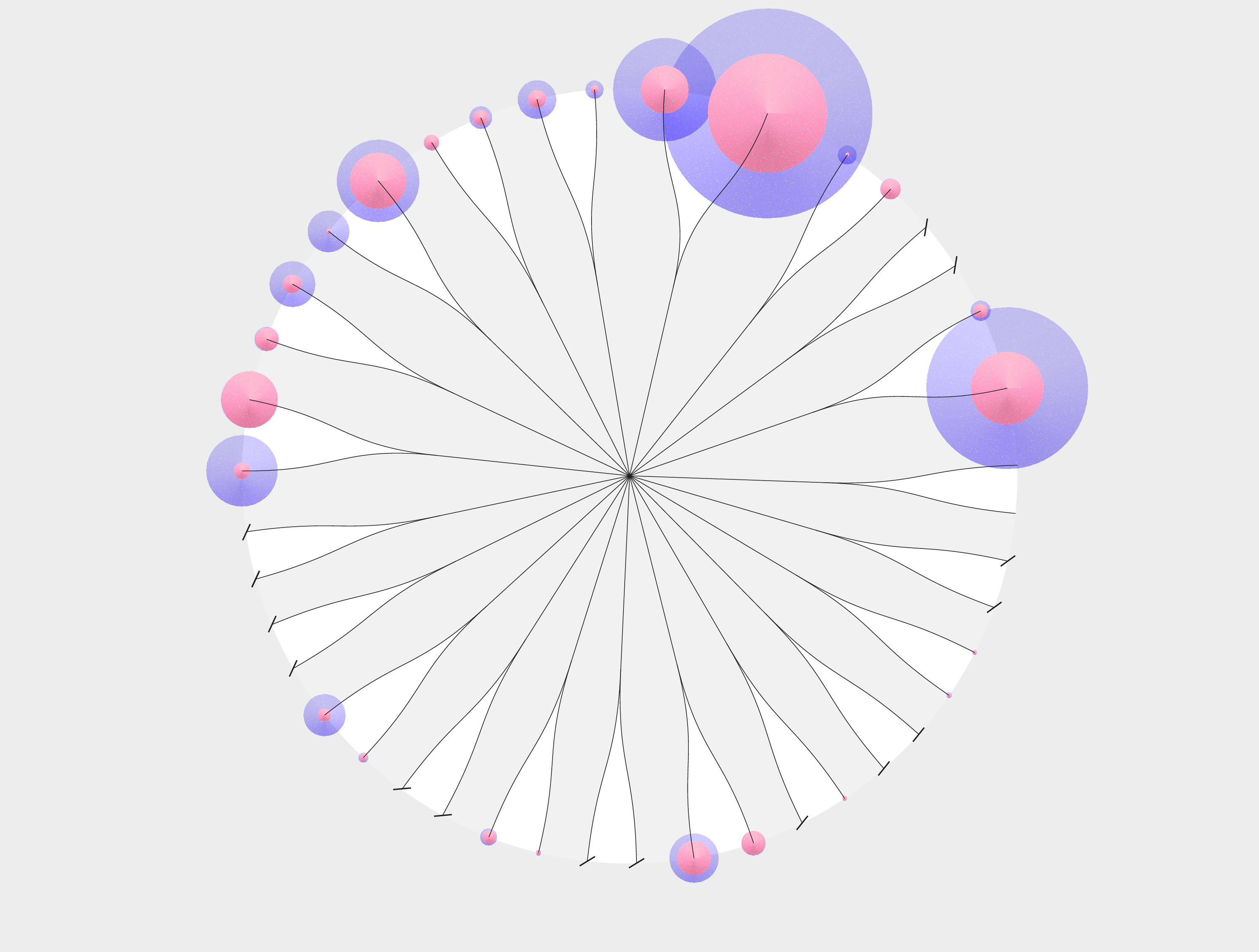
Recycling is a key element of the European Union’s waste management policy. It aims to contribute to the realisation of a circular economy that maximises the extraction of high-quality resources from waste. The European Green Deal , which serves as the blueprint for a modern, resource-efficient and competitive economy, prioritises the transition towards sustainable practices. In pursuit of this goal, the waste framework directive serves as the primary legal framework for waste treatment and management in the EU. At the heart of EU waste management lies the waste hierarchy, consisting of five
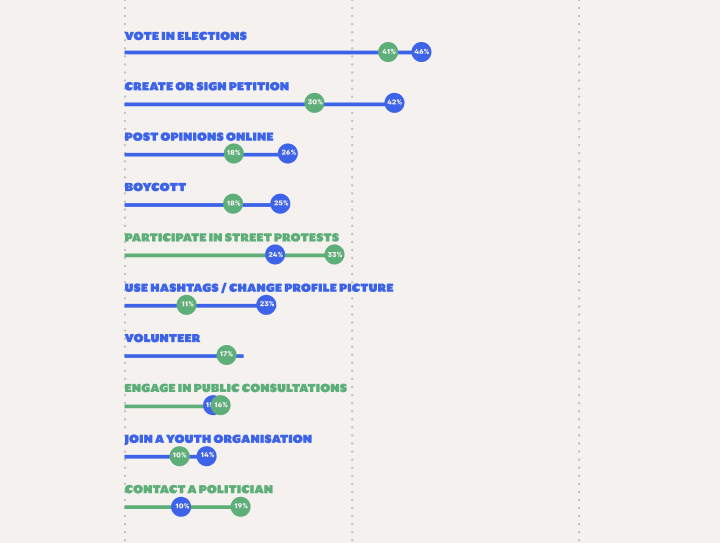
European democracy is strengthened when citizens actively participate in political and civic life. The active involvement of Europe’s young citizens is especially important since the attitudes and opinions of young people foreshadow future trends and developments in society. But how are young people in Europe participating? Are they engaged in civil society? Data can be an essential element to understand what young people care about and how they are involved. International Youth Day took place on12 August, as an opportunity for governments to draw attention to youth issues worldwide. Following
